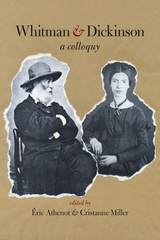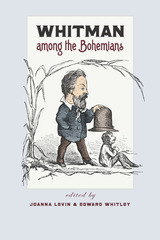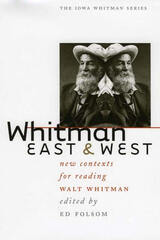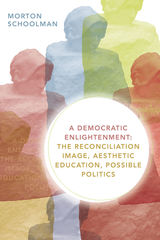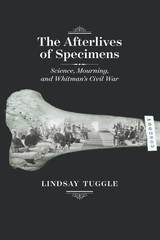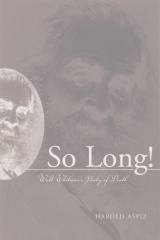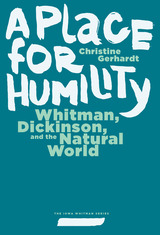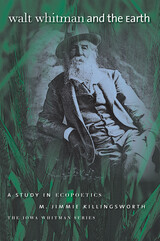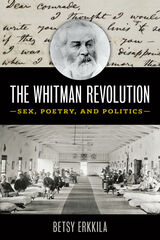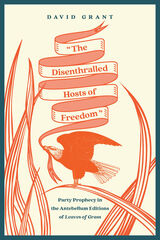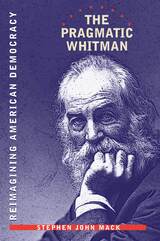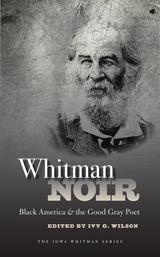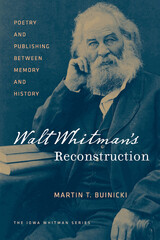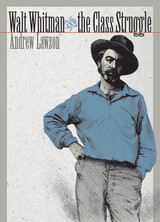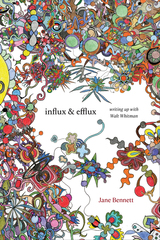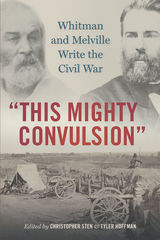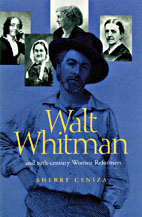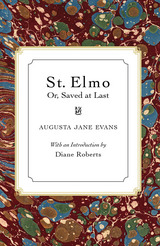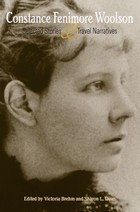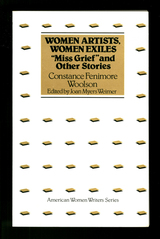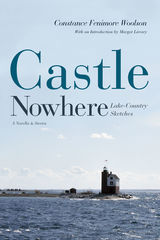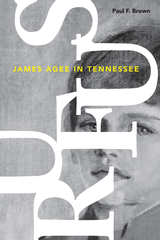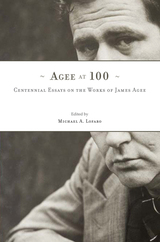Whitman's Drama of Consensus
University of Chicago Press, 1988
Paper: 978-0-226-46908-9 | Cloth: 978-0-226-46907-2
Library of Congress Classification PS3242.S58L37 1988
Dewey Decimal Classification 811.3
Paper: 978-0-226-46908-9 | Cloth: 978-0-226-46907-2
Library of Congress Classification PS3242.S58L37 1988
Dewey Decimal Classification 811.3
ABOUT THIS BOOK | TOC
ABOUT THIS BOOK
In this elegant study, Walt Whitman's democratic, consensual idealism emerges for the first time as truly central to his poetic achievement. Though Whitman's democratic idealism has often been dismissed as a blindness to the political complexities of his day, Kerry C. Larson argues that the poet was in fact vitally engaged in the problems of preserving social continuity at a time (1855-60) when the specter of disunion and fractricidal war grew increasingly ominous. Whitman conceived his poems as vehicles for social integration whose entire aim was to dramatize the joining of the many and the one, speaker and listener, universal and particular without subordinating either term. For Whitman, the poet's role was to be "the better President," the figure in whose person all contending interests and competing factions would be resolved. The importance of "drama" in Larson's title is borne out in his argument that Whitman's most memorable poems depict the goal of consent as an active process, something to be achieved rather than merely affirmed. By way of making this drama vivid, these poems project a fictive audience or interlocutor which, in being invoked by the poet, furnishes him with a partner in the ongoing dialogue of voices Leaves of Grass both embodies and records.
See other books on: 1819-1892 | Consensus | Democracy in literature | Social contract in literature | Whitman, Walt
See other titles from University of Chicago Press

